Every person that has ever picked up a guitar is surely familiar with the famous Smoke on the Water riff composed by Ritchie Blackmore.
There is a reason why Deep Purple’s Machine Head is greatly praised throughout rock ‘n’ roll history.
Various amusing stories lie behind the making of this much-celebrated rock album.
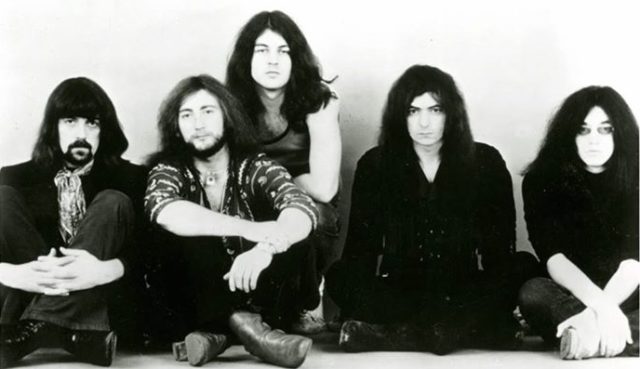
The famous album was recorded throughout December 1971 in Montreux, Switzerland, and was released in March 1972.
Within seven days of its release, the album skyrocketed to #1 on the British music charts, remaining at its well-deserved place for two weeks.
It is often regarded as a fundamental influence on the heavy metal genre and it is Deep Purple’s most successful album to date.
It was recorded in three weeks in The Pavillion theater, and a Swiss hotel lobby, with the help of a mobile recording unit.
Machine Head was recorded in an old hotel at Montreux Casino in Switzerland in December 1971. Apparently, Claude Nobs, the owner of the complex, was a huge fan of Deep Purple.
Unfortunately for the recording process, Deep Purple’s main vocalist, Ian Gillan, contracted hepatitis at this time.
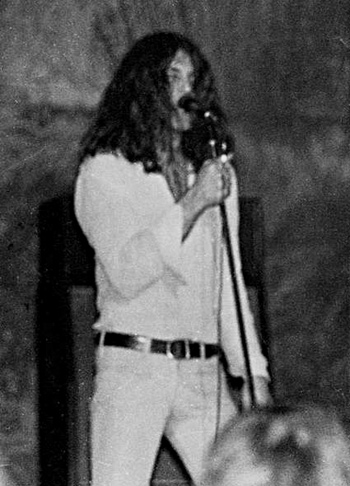
Despite the doctor’s strict recommendation to rest and take it easy, Gillan whole-heartedly soldiered on during the recording of the album.
The band already booked the Swiss hotel, as well as using a mobile recording studio for the album, the same one that had been used by the Rolling Stones.
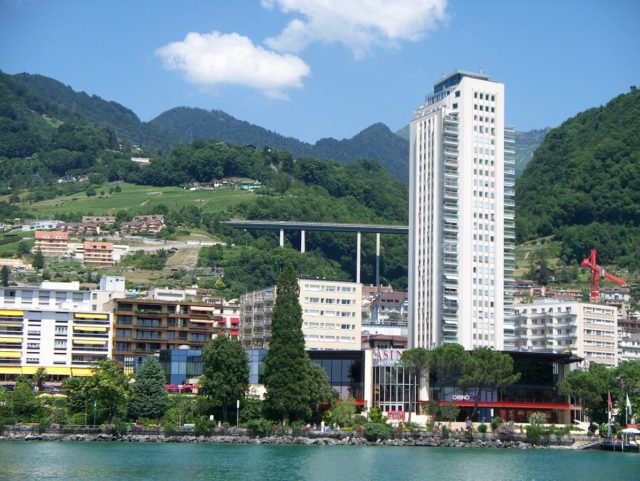
The Casino Hotel was a large complex of casinos and restaurants. The band had already performed there in May the same year, much to the members’ pleasurable accommodation and the hospitable company of the owner, Claude Nobs.
Not only that, the band played on the same stage which bands like Pink Floyd, Led Zeppelin, and Black Sabbath played on. No doubt the humble hotel had the grand privilege of having these rock ‘n’ roll titans as their performers.
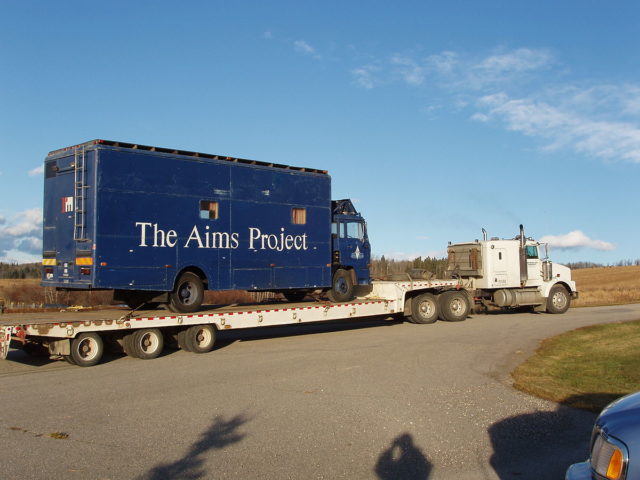
After being kicked out of the Pavillion theater, they settled for recording in the empty grand hotel lobby room. Apparently, the band had to use more than a 100 ft of cables because of the impractical mobile recording unit that was sitting outside of the hotel. Ritchie Blackmore, the guitarist, commented on the complicated recording process:
“We had the Rolling Stones’ mobile recording unit sitting outside in the snow, but to get there we had to run cable through two doors in the corridor into a room, through a bathroom and into another room, from which it went across a bed and out the veranda window, then ran along the balcony for about 100 feet and came back in through another bedroom window.
It then went through that room’s bathroom and into another corridor, then all the way down a marble staircase to the foyer reception area of the hotel, out the front door, across the courtyard and up the steps into the back of the mobile unit.
I think that setup led to capturing some spontaneity, because once we got to the truck for a playback, even if we didn’t think it was a perfect take, we’d go, ‘Yeah, that’s good enough.’ Because we just couldn’t stand going back again.”
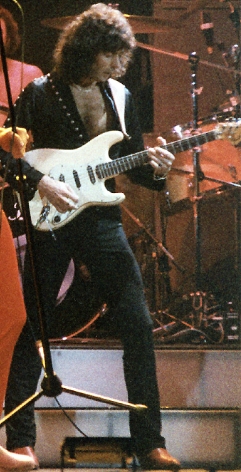
The story of the Smoke on the Water single is as amusing as it is famous. Frank Zappa, the prominent virtuoso and multi-instrumentalist, had a concert on the 4th of December in the Casino theater.
The gig was made infamous when an audience member fired a flare gun aimed at the roof of the building during Don Preston’s synthesizer solo.
The shot caused a giant fire, destroyed much of Zappa’s equipment, but luckily, there were no serious injuries. Due to the damages from the fire, Deep Purple had to relocate to the Pavilion theater.
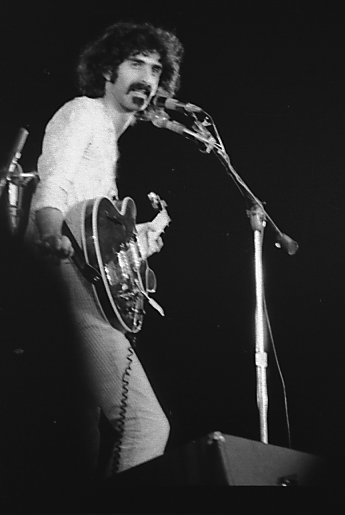
Sadly, the locals didn’t have much appreciation for witnessing rock ‘n’ roll history that was being made. There were many noise complaints that notified the police throughout the recording, as many of the nearby inhabitants were disturbed by the loud guitars.
After so many police warnings, the band’s roadies made sure that no police officers entered the building. They held the doors shut while the band was trying to record the track for Smoke on the Water before getting thrown out of the building. After that, they finished the recording in a hotel lobby.
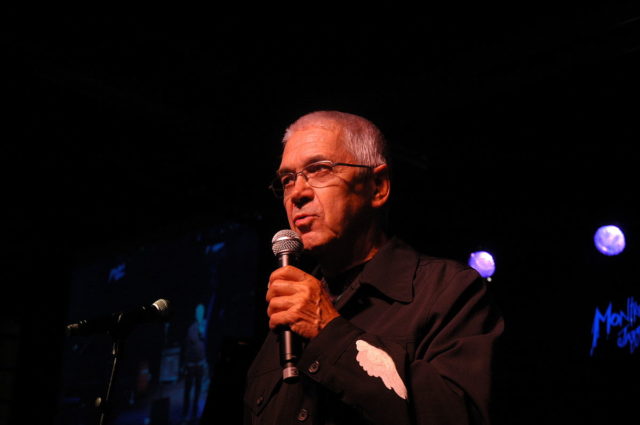
Reportedly, bass player Roger Glover murmured “smoke on the water” while waking up one morning, days after the Casino fire. This prompted Gillan to write the lyrics, and Blackmore to compose the riff, inspired by the legendary events in Montreux.
Little did they know that they would create a song so powerful, it stands as a fundamental practice riff, obligatory for any aspiring musician who wants to learn how to play the guitar.
